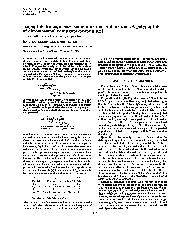摘要
Essential polyunsaturated fatty acids can not be synthesized in mammals due to the lack of Delta-12 and omega-3 fatty acid desaturases. Expressing omega-3 fatty acid desaturases in transgenic mammals could convert long chain n-6 polyunsaturated fatty acids to n-3 polyunsaturated fatty acids, significantly reducing the level of long chain n-6 polyunsaturated fatty acids. In this study, the muscle-specific transgenic mice expressed Caenorhabditis elegans FAT-1 and FAT-2 genes, which encode omega-3 and Delta-12 fatty acid desaturases respectively and human catalase hCAT gene, based on "self-cleaving" 2A peptides, and they were generated by microinjection. Fatty acids in skeletal muscle were analyzed by gas chromatography. The level of total n-3 polyunsaturated fatty acids in transgenic mice was 2.6-fold higher than that in wild type mice, while there was no significantly difference in the level of total n-6 polyunsaturated fatty acids between transgenic and wild type mice. But the skeletal muscle tissue of transgenic mice had a dramatically reduced ratio of n-6/n-3 fatty acids (P < 0.01). In addition, the expression level of human catalase was identified by Western blot, and the catalase activity of hCAT in skeletal muscle of transgenic mice was significantly higher than that of wild type mice (P < 0.01).
- 出版日期2012-2
- 单位中国农业大学
